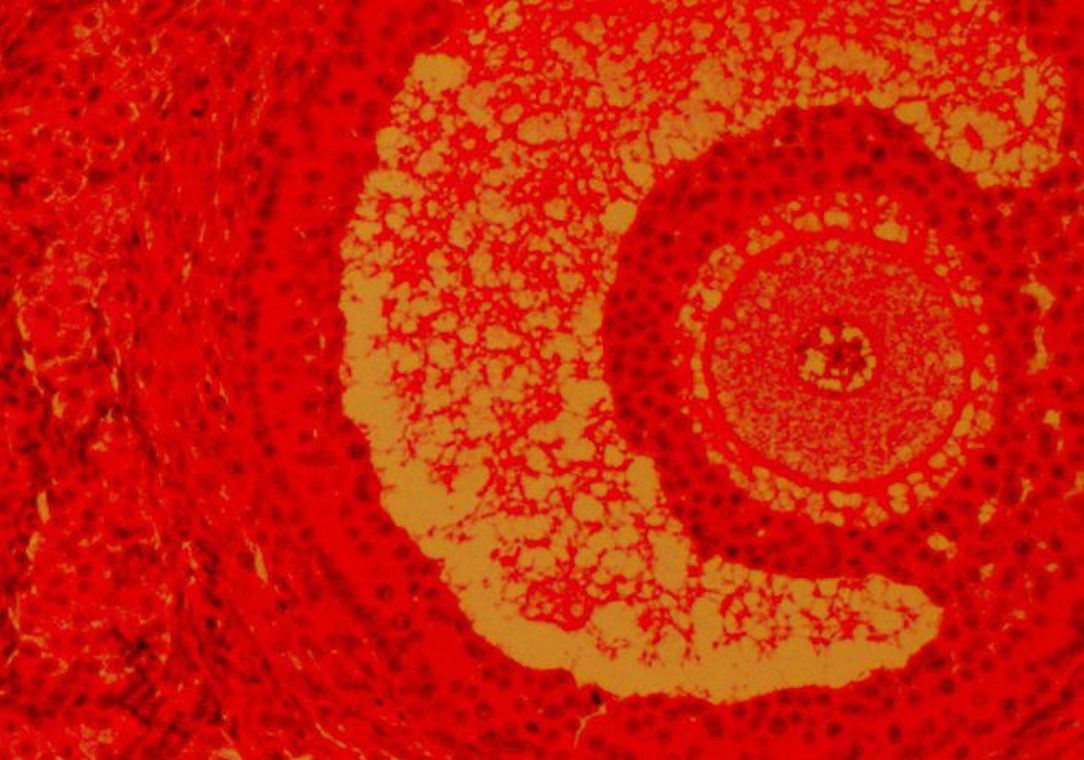Abstract
Spain has become one of the leading international markets for assisted reproduction and one of the main destinations for so-called reproductive tourism in Europe in particular. For the most part, this bio-economy is developed by the private sector and one of its principal activities is egg donation. Spain accounts for more than half of all such procedures in Europe. Based on the data from the Spanish National Institute of Statistics and the Spanish Fertility Society, 8.6% of births in 2015 involved assisted reproduction, with 38% of these being conceived via in vitro fertilization (IVF) of fresh donated eggs. This project, which is based on interviews with professionals from the sector and observations at clinics, questions whether egg donation is an assisted reproduction technique (ART) and proposes, instead, that it be called reproductive capacity transfer (RCT). The basis are the observations of how egg donation is presented to patients as a technique (and the most successful technique) in clinics (and emphasising the technical and biomedical aspects in its success), and to donors as a way of offering help or solidarity, thus creating a business that profits from a particular (feminized) way of articulating the discourse on care and altruism. Framing it in terms of RCT means emphasis can be placed on the key role of the donors, the eggs and their reproductive capacity when it comes to the success of these treatments. Likewise, it also means that we can raise the question and awareness of the fact that these eggs are supporting not only women (generally older women), but also heteronormativity, men in their search for genetic paternity, clinics (by increasing the number of patients they can treat) and ARTs (by increasing the success rates). Calling it RCT also emphasizes the part played by third parties in reproductive processes. It helps open the black box of egg donation to specifically identify the types of socioeconomic relationships in each case, the tasks and work (clinical, reproductive or care) involved in these transfers, and the asymmetries in the risks and benefits deriving from them. This project backs the idea of calling it reproductive capacity transfer so as to raise awareness and stress the complexity of the participation of third parties in reproduction: there’s egg donation, but there’s also surrogacy for gestation, uteruses, embryos and semen.

